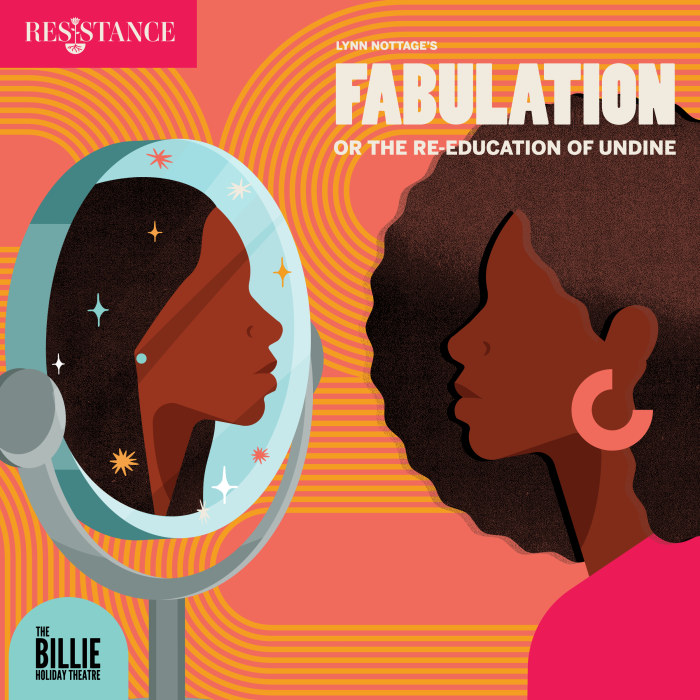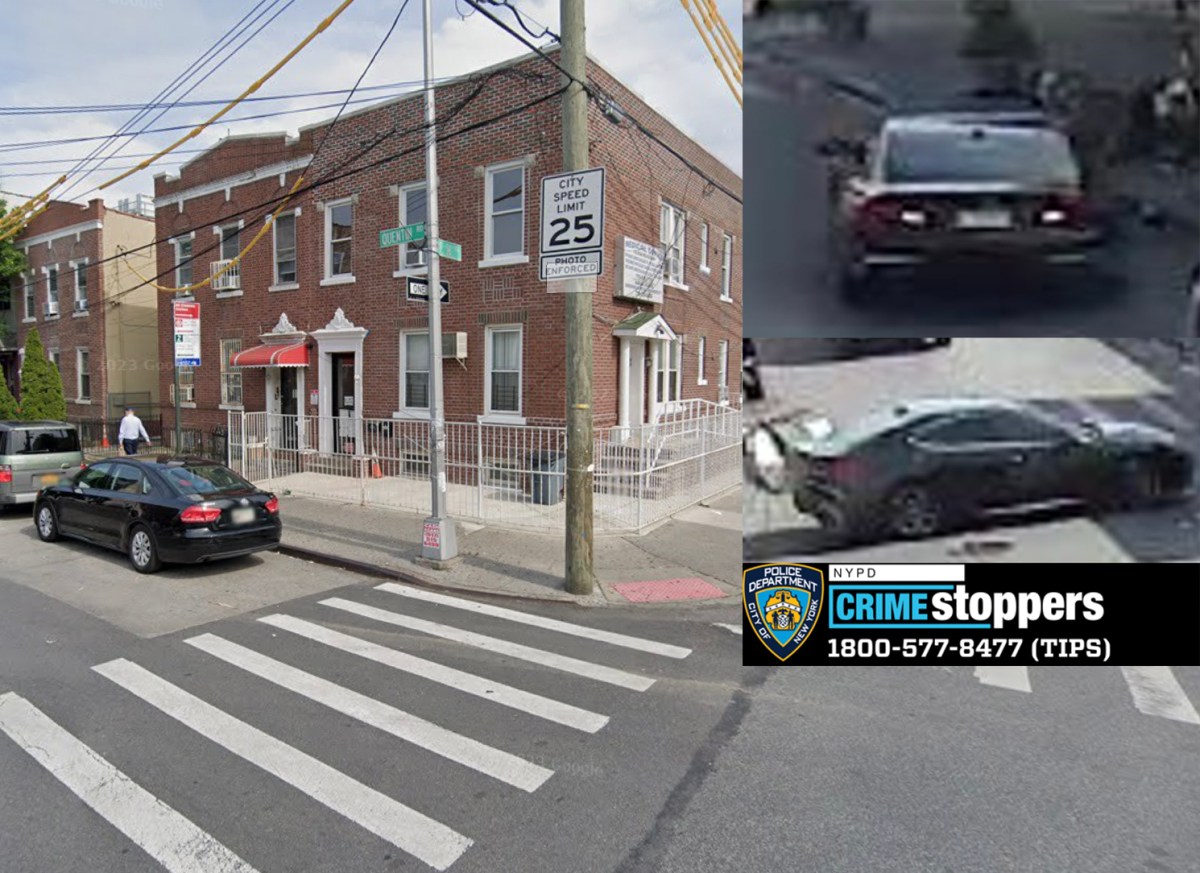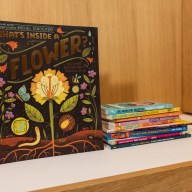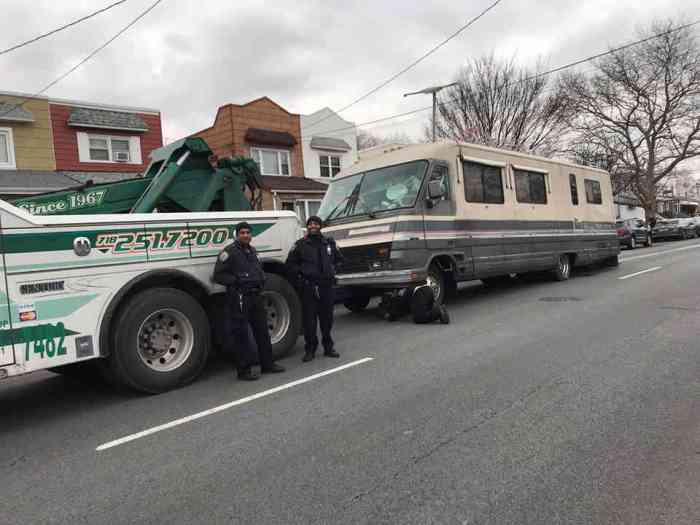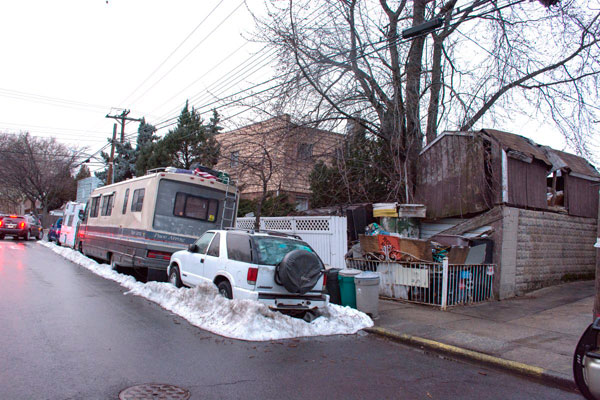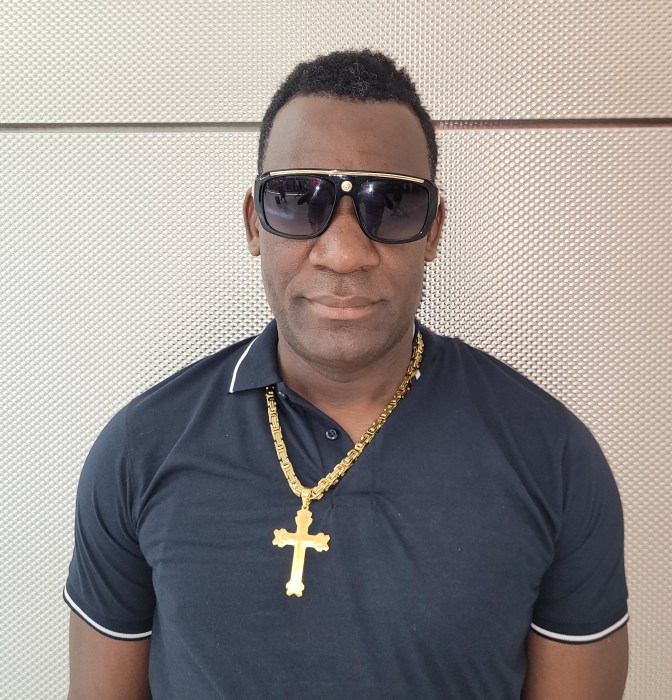A Downtown Brooklyn husband-and-husband couple has made it their business to clean out some of the city’s worst hoarder homes.
Julian Bannister and Yannick Jules-Bannister, co-founders of the company New Beginning Cleaners, say they have come to see how people’s quarters are both a safe haven and an expression of their mental woes.
“Once you go home, you take your work home, you take your family argument home,” said Julian Bannister. “It becomes a thing of how bad are your thoughts and how taken over are you from them.”
The entrepreneurs launched their company some four years ago — initially as a maid service — but their very first job proved to be more challenging than a mere surface scrub.
“Our first case, I remember well, was floor-to-ceiling garbage, there was no way to walk, the woman was sleeping on magazines and books and you couldn’t even see a coach nor a bed — we just could not leave her in that situation,” Bannister recalled.
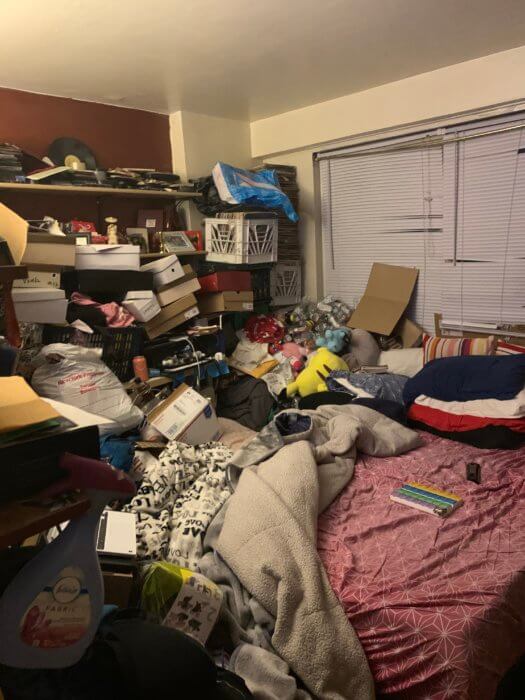
The two men and another co-worker cleared out the woman’s Bronx apartment in four days, carrying out hundreds bags of trash via the building’s elevator for 12-13 hours each day.
“Yannick was standing in the elevator behind the bags — 20 bags — squished in, I would go in the next elevator, squished in,” Bannister said. “We were taking out 300 bags of garbage from a one-bedroom apartment.”
In the following years, they cleared out many more homes, wading through piles of rubbish, such as utility bills from the 1960s and several dead pets, but what surprised them most was the clean appearance of some hoarders when leaving their chaotic abodes.
“They are some of the most well-dressed people,” he said.
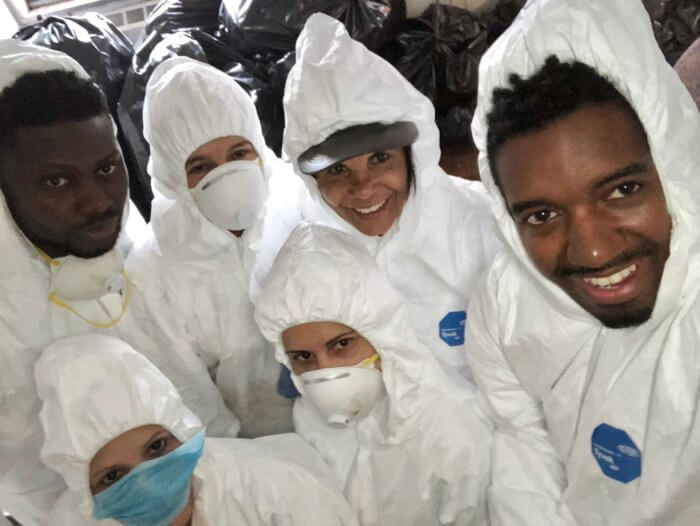
One of several memorable cases the cleaners encountered was a man who dressed in clean suits and sneakers, but once the scrubbers entered his apartment, they found he was storing hundreds of bottles of his own urine, due to issues with his bowels.
“You’re talking about 450 bottles of pee we counted,” Bannister said. “It was the most toxic place we ever had.”
The man suffered from arthritis that made it hard for him to do a lot of ordinary tasks, leading him to spiral into depression and his girlfriend leaving him. His unkempt apartment also infected the entire building with a vile odor and the Bannisters grew concerned when they heard from a neighbor that the man once had two dogs but that, eventually, they had stopped barking.
One of their workers soon stumbled upon a grizzly find when they discovered a perfectly-severed head of a Rottweiler beneath piles of trash, but not the rest of the hound or the second pooch.
“He’s always stated to this day that he doesn’t know how the dog’s head got decapitated perfectly,” Bannister said. “We never found the other one.”
Another woman in Flatbush clung to the toys of her 11-year-old son — who died in the 1980s on a highway crash — despite the belongings being infested with roaches.
“She had become so comfortable and so okay with the environment, it had to be most roaches we’d ever seen in any situation.”
Bannister said that they try and make their clients understand that they are putting their own health at risk and that a clean space can foster good mental health as well.
“You’re letting go of the materials but you’re also letting go of the pain, the hurt, the depression,” he said.
After cleaning up these places, which usually takes about four to five days, they prepare a plan for their clients to keep their place tidy, according to Bannister. “I compare it to a car,” he said. “You have to keep it maintained and if you don’t, you’ll break down.”
Doing their job has taught them that hoarders are no different than anybody else, but that they have let a bad event take over their life, whether it be an illness or a death of a loved one.
“We all in some way hoard,” said Bannister. “Whether it be in your medicine cabinet or keeping a bunch of shoes. We all have a story to tell because your home is your sanctuary, your home is your base.”




